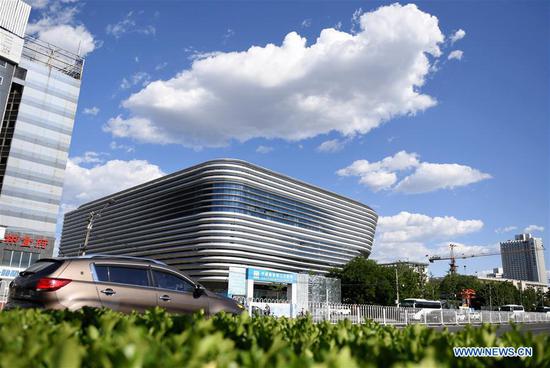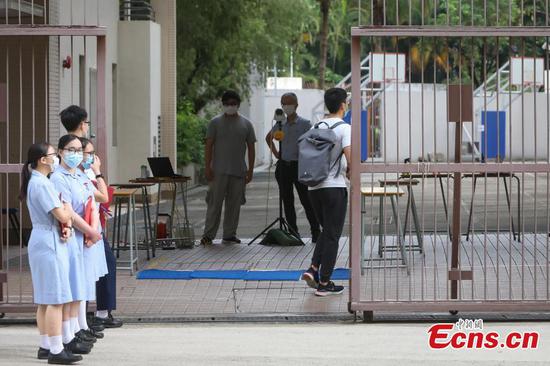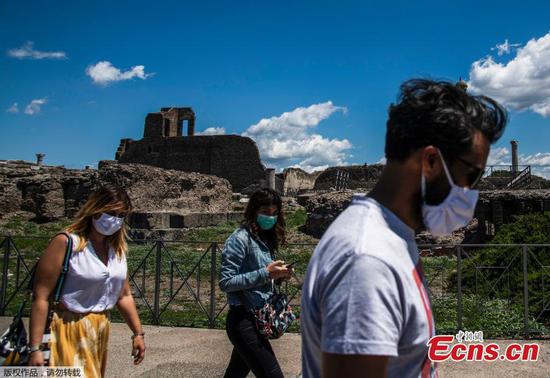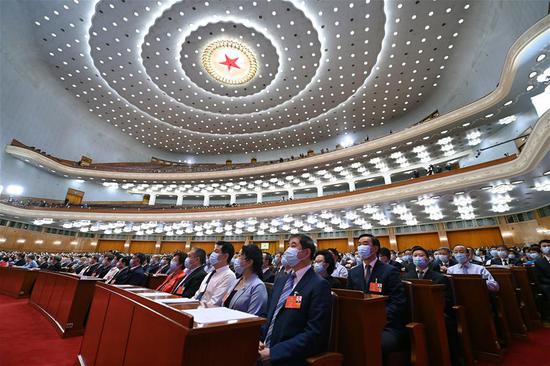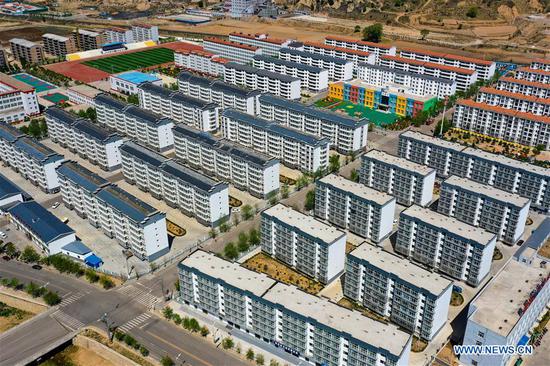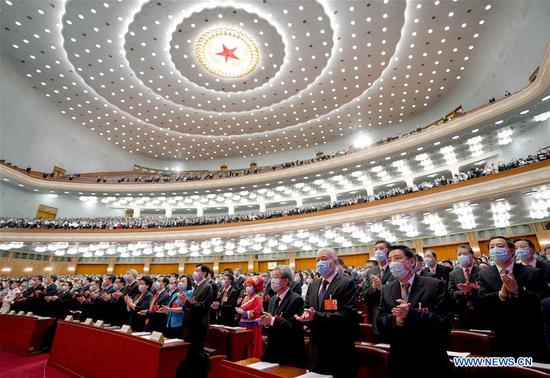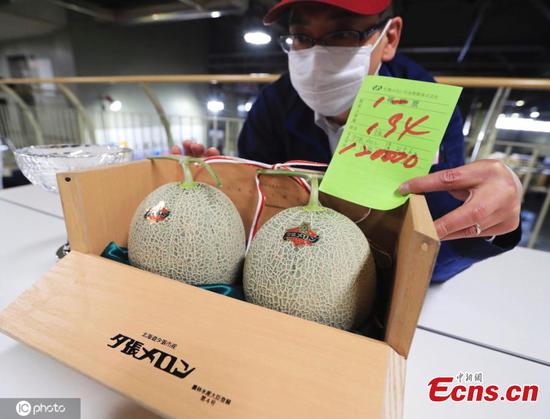
From left to right: Zhu Tongyu, Zhou Zhonghe and Wang Ting. [Photos provided to China Daily]
What they say
Genetic engineering is a promising technology, and Chinese scientists will want to take advantage of it. But to better utilize this instrument, we must have good regulations as a prerequisite. In the end, our goal is to let our biomedical industries develop in a healthy way.
Zhu Tongyu, head of the Shanghai Public Health Clinical Center and member of the CPPCC National Committee
it is imperative and forward-looking to include clear regulations on modifying human genes and embryos in the civil code. As science and technology develop rapidly in today's world, society will pay more attention to research ethics-a topic of international concern. Enshrining these rules in the civil code shows how much China cares about this topic, which will help facilitate international collaboration and healthy development in the relevant fields.
Zhou Zhonghe, paleontologist and member of the CPPCC National Committee
The inclusion of genetic editing in the civil code will be instrumental for future regulations. The ethical issues brought forth by the advent of new technologies not only require scientists to solve them, but also timely and precise legislative regulation. China will need to establish a clear and comprehensive legal framework to ensure effective supervision of genetic engineering technology.
Wang Ting, director-general of the China Research Institute for Science Popularization
Timeline
August 2018:The Standing Committee of the National People's Congress holds its first reading of the personality rights section of the draft civil code.
November 2018:Biologist He Jiankui announces that he has created the first gene-edited babies in the world, spurring an international backlash.
April 2019:The NPC Standing Committee holds its second reading of the draft civil code. New clauses on the editing of human genes and embryos are added to the personality rights section, demanding that such research must follow relevant laws and regulations and may not undermine people's health or ethical norms. The second reading also expands the scope of clinical trials to include the production of new drugs, medical equipment and new preventive and therapeutic treatments.
August 2019:The NPC Standing Committee holds its third reading of the draft civil code. In addition to the rules added during the second reading, it adds another which stresses that gene editing must not endanger public interests.
October 2019:The NPC Standing Committee holds its first reading of the proposed biosecurity law. The draft law aims to better protect China's biological resources, promote and regulate biotechnology, and safeguard the nation's biosecurity from invasive species and public health emergencies.










